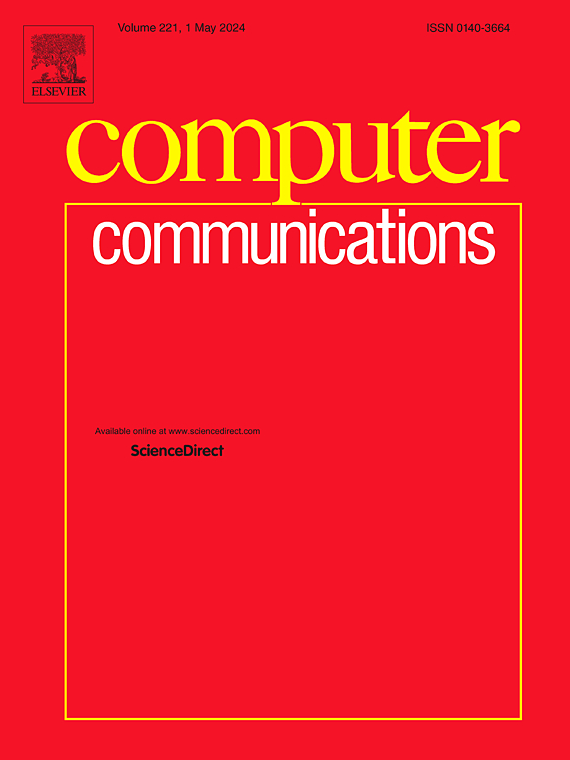基于股权和激励机制的物联网可扩展区块链框架
IF 4.3
3区 计算机科学
Q1 COMPUTER SCIENCE, INFORMATION SYSTEMS
引用次数: 0
摘要
提出了一种基于侧链的可扩展区块链框架的物联网解决方案。针对现有侧链的低信任模型,提出了一种基于再信任的PoS信任聚合方法。通过允许主链验证者在侧链网络上复制他们的权益,我们增强了侧链的加密经济安全性,同时降低了成本。考虑到信任聚合的风险与回报之间的潜在冲突,以及物联网设备异质性对定量分析带来的挑战,我们提出了一种基于契约的激励分析框架。通过分析不同风险偏好验证者的最优策略,设计差异化契约以促进激励相容的结果。此外,我们考虑了侧链验证器分布的不确定性,并讨论了各种条件下的最优配置。为了解决潜在的合谋攻击,我们引入了一个可量化的豁免机制来限制安全风险。最后,通过数值仿真验证了所提方法的可行性和有效性。本文章由计算机程序翻译,如有差异,请以英文原文为准。
A scalable blockchain framework for IoT based on restaking and incentive mechanisms
This paper proposes a scalable blockchain framework based on sidechain solution for the Internet of Things (IoT). Considering the low-trust models of existing sidechains, we present a restaking-based trust aggregation method for Proof of Stake (PoS). By allowing mainchain validators to duplicate their stake on the sidechain network, we enhance the cryptoeconomics security of the sidechain while reducing costs. Given the potential conflicts between risks and rewards of trust aggregation, and the challenges posed by the heterogeneity of IoT devices for quantitative analysis, we propose an incentive analysis framework based on contract. By analyzing the optimal strategies of different risk-preference validators, design differentiated contracts to promote incentive-compatible outcomes. Additionally, we account for the uncertainty in the distribution of sidechain validators and discuss optimal configurations under various conditions. To address potential collusion attacks, we introduce a quantifiable exemption mechanism to limit the security risks. Finally, numerical simulations verify the feasibility and effectiveness of our proposed method.
求助全文
通过发布文献求助,成功后即可免费获取论文全文。
去求助
来源期刊

Computer Communications
工程技术-电信学
CiteScore
14.10
自引率
5.00%
发文量
397
审稿时长
66 days
期刊介绍:
Computer and Communications networks are key infrastructures of the information society with high socio-economic value as they contribute to the correct operations of many critical services (from healthcare to finance and transportation). Internet is the core of today''s computer-communication infrastructures. This has transformed the Internet, from a robust network for data transfer between computers, to a global, content-rich, communication and information system where contents are increasingly generated by the users, and distributed according to human social relations. Next-generation network technologies, architectures and protocols are therefore required to overcome the limitations of the legacy Internet and add new capabilities and services. The future Internet should be ubiquitous, secure, resilient, and closer to human communication paradigms.
Computer Communications is a peer-reviewed international journal that publishes high-quality scientific articles (both theory and practice) and survey papers covering all aspects of future computer communication networks (on all layers, except the physical layer), with a special attention to the evolution of the Internet architecture, protocols, services, and applications.
 求助内容:
求助内容: 应助结果提醒方式:
应助结果提醒方式:


